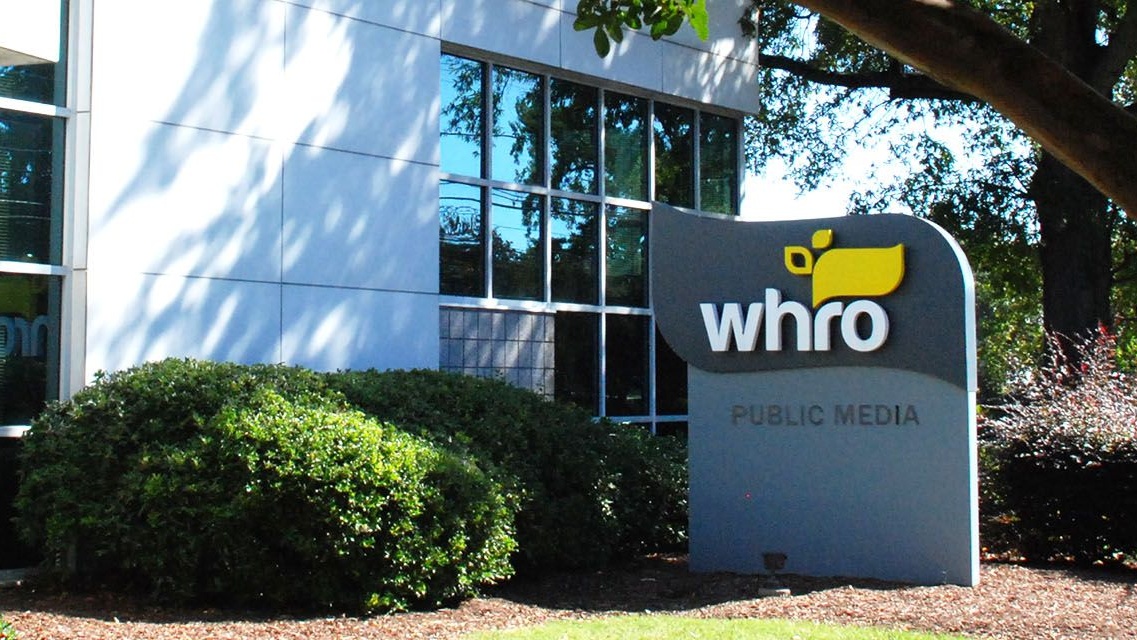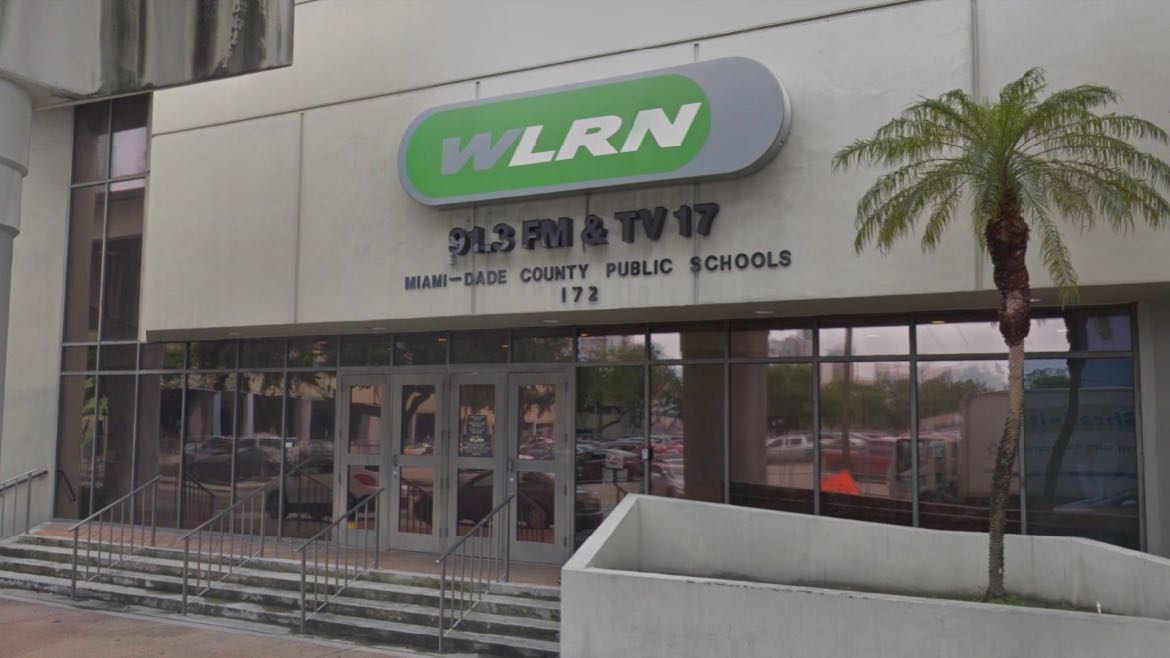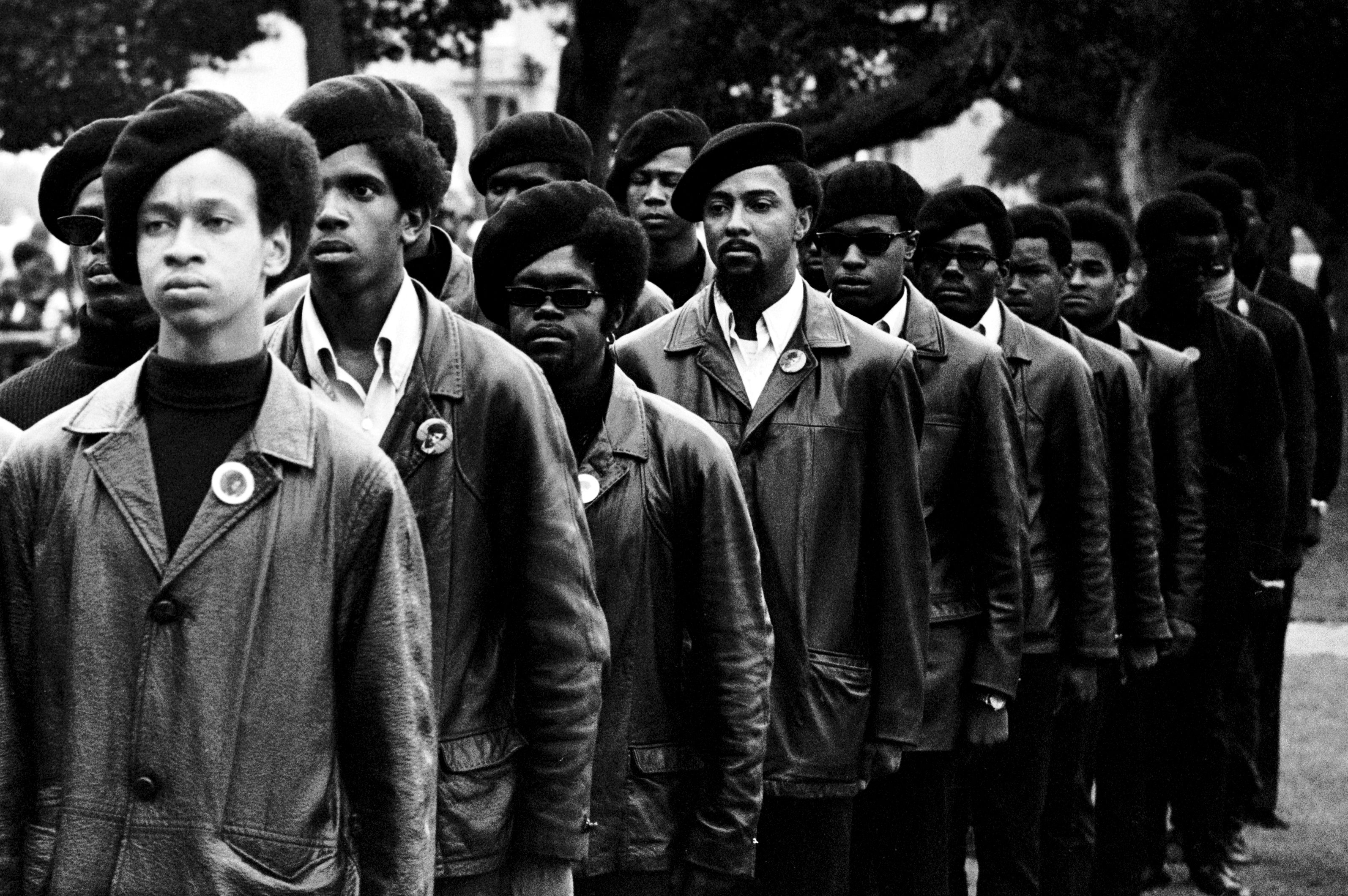WHRO beefs up investigative coverage with nonprofit newsroom acquisition

WHRO's headquarters in Norfolk, Va.
WHRO Public Media in Norfolk, Va., announced this month that it acquired the Virginia Center for Investigative Journalism, a nonprofit newsroom with a network of freelance reporters covering the state in depth.
As part of the deal, the dual licensee brought on the investigative newsroom’s two employees, co-founders Louis Hansen and Christopher Tyree. No money was exchanged to cement the strategic partnership, which has been in the works since fall 2021 and was approved by WHRO’s board of directors in May.

“We came to a good agreement that helps us expand our mission and WHRO add to its expanding newsroom,” Hansen said. “We both filled a need for each other, and it’s got a lot of synergy to go with it.”
WHRO CEO Bert Schmidt said the VCIJ acquisition stems from his concerns about the state of journalism in Virginia, which he said are shared by his board members. Last year, Alden Global Capital, a hedge fund with a reputation for stripping newspapers of their assets for profit, acquired Tribune Publishing, owner of the Norfolk Virginian-Pilot and Newport News Daily Press. Both newspapers offered staff buyouts following the acquisition.
“We could see we were at great risk of becoming a news desert,” Schmidt said, adding that donors were increasingly interested in supporting investigative journalism due in part to the decrease in in-depth local coverage. So Schmidt created a plan to lease WHRO Educational Broadband Spectrum to Sprint and use the income to launch a newsroom in 2020, before the pandemic. The newsroom grew to a news director and four reporters.
After about a year, Schmidt said, he and VCIJ’s co-founders started discussing a partnership that would give WHRO instant access to a community of experienced investigative reporters. A partnership would also free Hansen and Tyree from the difficulties of running a nonprofit while maintaining separate full-time jobs. When they started VCIJ, Tyree was a content specialist for the University of Virginia, and Hansen worked as an enterprise and investigative technology and housing reporter for the San Jose Mercury News, working from the West Coast. Over two years, VCIJ had raised $75,000, mostly from small donations.
“They were getting hung up on a lot of the non-reporting work that has to be done to have a nonprofit, whether it’s the legal, the HR and the marketing … and Chris and Lou were not paying themselves. Their budget was pretty, pretty tiny,” Schmidt said. “We had all that, we just needed more reporters … So I said, ‘Why don’t you guys work for us, and we’ll have the brand migrate to WHRO?’”
Now that the deal is final, VCIJ has been renamed the Virginia Center for Investigative Journalism at WHRO. Under the station’s banner, VCIJ still plans to cross-publish reports with other nonprofit newsrooms and public media stations, including VPM in Richmond and Blue Ridge PBS in Roanoke. Recent VCIJ reports have covered environmental issues, rent relief and a retrospective on political and social unrest in Charlottesville. Future reporting will focus on criminal justice, government accountability and climate issues, among other topics.
VCIJ will maintain its advisory board, which includes Bruce Bradley, the former publisher of the Virginian-Pilot, who introduced Schmidt and Tyree years ago. The nonprofit’s academic advisory board includes representatives from Hampton University, the University of Virginia, Arizona State University’s Walter Cronkite School of Journalism and Mass Communication, and other institutions.
Both of VCIJ’s founders previously worked for the Virginian-Pilot for several years before moving on to other positions. Hansen, who has reported award-winning investigations and covered state and local government, state courts, and the military, said he is happy that his work for VCIJ, which was often relegated to weekends, can now be his primary focus.
“We wanted to take it as far as we could. If that was being independent, that would’ve been great. But when this strategic partnership came up, it was outstanding,” Hansen said. “This is the perfect way to build on ways to bring more journalism to Virginia.”
As employees of WHRO, Hansen is the unit’s senior editor, and Tyree is senior director. Both handle similar responsibilities, including reporting and building their freelance network. VCIJ has published roughly one investigative story each month since its inception.
Going forward, Hansen and Schmidt said, WHRO’s and VCIJ’s news teams will maintain separate but complementary missions. VCIJ reports may be adapted for radio and TV.
Next on Schmidt’s agenda as CEO is making sure that the newsrooms are funded for long-term viability. The station launched a campaign this summer to create an endowment for hiring reporters, with a goal of raising $15 million by the end of this fiscal year.
The station has raised a little more than $2 million and has applied for $6 million in additional funding, with more requests to come. Schmidt said some major donors are skeptical of directly funding journalism, and local foundations are increasingly focusing on supporting education and the arts. But he is optimistic about the station’s prospects.
“We’re feeling pretty good about $10 million by the end of the calendar year and $15 million by the end of the fiscal year,” Schmidt said.
“The insecurity that some reporters have today of not knowing if there’s going to be a paycheck next year, if that funder is going to keep coming through, is going to go away, because it will be through an endowment model,” Schmidt added. “It’s much harder, frankly, to raise that kind of money … but we think in the long term it’s going to allow us to hire other reporters, and it will allow us to separate the influence of the funder from the reporting.”
Schmidt said the plan is to hire a journalism-focused newsletter writer by January and have around nine reporters split between WHRO’s and VCIJ’s teams. The station will then work to add three reporters annually until it reaches 22 journalists across both newsrooms.
“That will only be done as revenues allow,” he said. “Everything we’re doing is using new monies. We are not taking from other parts of the organization that already had funding.”
Correction: An earlier version of this article incorrectly said that WHRO leases broadcast spectrum to Sprint. It leases Educational Broadband Service spectrum to Sprint.








“So Schmidt created a plan to lease WHRO broadcast spectrum to Sprint and use the income to launch a newsroom in 2020, before the pandemic. ”
Wait, the what now?
Sorry, what’s not clear, Aaron?
The leasing of the spectrum. I sent an email to Bert, too. But I’d love to know more about what spectrum we’re talking about (TV, FM, something else?) and what sort of revenue we’re talking about? Was this just the big TV Spectrum Auction from a few years back? It sounds like it was something else…
Anyways, if it’s something that CAN be shamelessly copied, I’d love to do so at WNPN 89.3FM, too. :)
Hi Aaron, I looked into this further and we were incorrect in referring to it as “broadcast spectrum” — we’ve updated the story with a correction. The spectrum in question is Educational Broadband Service spectrum, which is nonbroadcast spectrum. To my knowledge, only public TV stations and joint licensees have EBS spectrum to lease, so I think you’re probably out of luck!
Ah yes, I’m familiar with EBS. Yup, that’s a TV-only thing. Pity! :)
https://logfm.com/radio/Whro